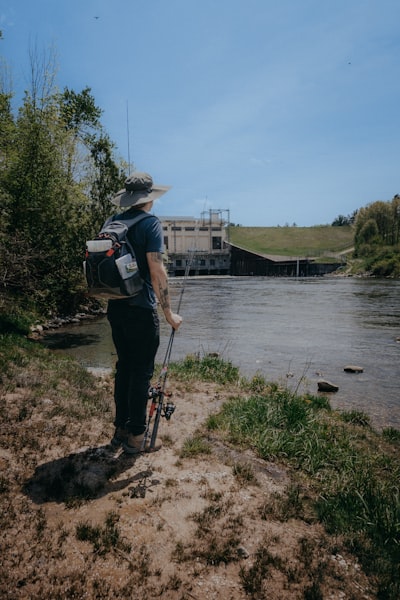Summary:
The New York Times article documents the massive, ongoing search effort following the devastating July 4 flood in Kerr County, Texas. Over 2,100 volunteers and professionals from across the U.S. and Mexico have joined local residents to comb the challenging terrain along the Guadalupe River, searching for more than 100 people still missing. The search is described as painstaking, often ending in disappointment—as when a group uncovers a buried car door, only to find more mud—yet it also breeds solidarity and hope within the affected community. Volunteers speak of both the emotional toll and the resilience brought forth by their collective response.
Analysis:
The report sheds light on both the scale and emotional weight of disaster response. The flood’s swift devastation is compounded by the challenging geography—a reminder of nature’s unpredictability and power. While the article focuses on the volunteer spirit, it also hints at systemic vulnerabilities: Why are so many missing, and what infrastructure failed to prevent or mitigate the loss? The influx of national and international volunteers reflects the gravity of the crisis, but it may also point to gaps in local emergency capacity. The story’s framing emphasizes solidarity, perhaps as a balm for the community’s trauma; however, it skirts the broader policy or preparedness conversation. Readers are left to wonder: How are climate change, development choices, or emergency funding shaping the frequency and impact of such disasters?
Discussion:
This story matters because it illustrates not just the human cost of natural disasters, but also the collective spirit that often emerges in moments of crisis. The willingness of strangers to fly in from across the country—and even from Mexico—challenges the narrative of American insularity, instead highlighting transnational empathy. Yet the pain and frustration of fruitless searches cannot be overlooked: The searchers face emotional burdens, witnessing devastation and too often finding nothing. This echoes recent flood and wildfire crises elsewhere—from California to Germany—underscoring a global pattern of intensifying weather events and overstretched local resources. Are communities and governments adapting fast enough? How do we balance heroism with prevention, or emotional resilience with systemic reform?
In the end, the story of the Guadalupe River search effort is about the push and pull between the unpredictability of fate and the predictability of human compassion. It’s a call to both honor the searchers and question the structures that render such desperate hunts necessary.

Comments
No comments yet. Be the first to comment!